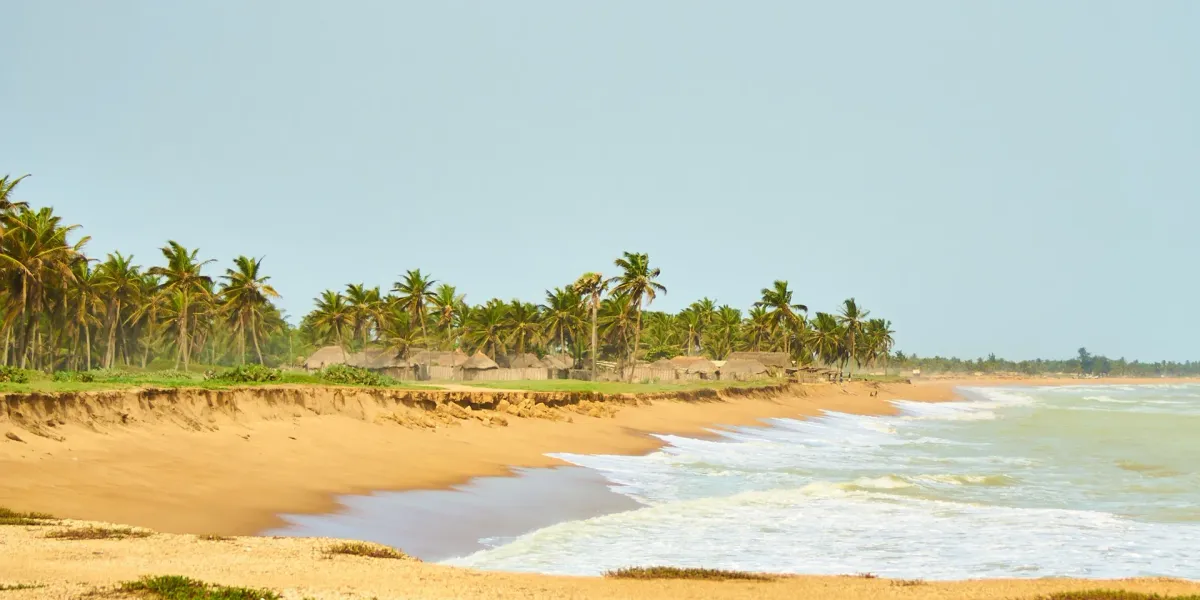
THE BACKGROUND
The coastal erosion in the West Africa Coastal Areas (WACA) closely relates to the development of marine infrastructure and the interruption of the local drift generated by those works. The coastal changes along the WACA seaports are induced by the breakwater structures and access channels which interrupt the alongshore sediment transport. Persistent swell waves induce a strong littoral drift transporting sediments along the coast from west to east. The interruption of the strong littoral drift by the ports leads to major accretion up-drift and erosion downdrift of the breakwaters. A specific challenge of this development is that the port structures in one country can affect the coastline in the adjacent countries.
Since 2000, most West African ports have undergone institutional reforms with increasing public-private partnerships (PPPs) dominated by multinational operators, resulting in an improved operational efficiency of the terminals. This increased share of PPP has also shifted the governance of the ports from state to non-state characters. Still, a lack of cooperation and coordination persists to tackle the problem of sand sedimentation and erosion, a problem leading to increased maintenance dredging costs, flooding risks and other negative impacts for populations, in particular the most vulnerable ones. Although WACA ports share similar transboundary issues (e.g., erosion, shared hinterland, shared costs and risks), they have not been able to work under a common environmental port management strategy.
THE PROJECT
FINANCE FOR IMPACT partnered with EGIS and Deltares to propose an innovative solution for mitigating this problem. We would also further study the socio-economic impacts induced by the lack of sediment management including coastal protection (land loss, flooding risks) and other ecosystem services (e.g., fisheries/food production, recreation/tourism, real estate development, spiritual/historic values). If negative impacts still persist due to unsustainable port activities and ineffective dredging, a compensation mechanism would be activated. Such compensation mechanism would be based on specific measures required by partners to prevent negative impacts to further develop.
THE RESULTS
The team proposed building a transnational sand bypassing strategy, but also we propose to develop an innovative financing scheme through a PPP business model. We would create a regional dredging consortium jointly owned by the countries/port authorities of the region, along with private operators/investors. This group will mutualize the technical capabilities and reduce the cost required for the dredging efforts that will reduce coastal erosion.
Location: Western Africa
Solution: Climate Risk Management
Tool(s) mobilized: market assessment, benchmark, interviews
Share on :